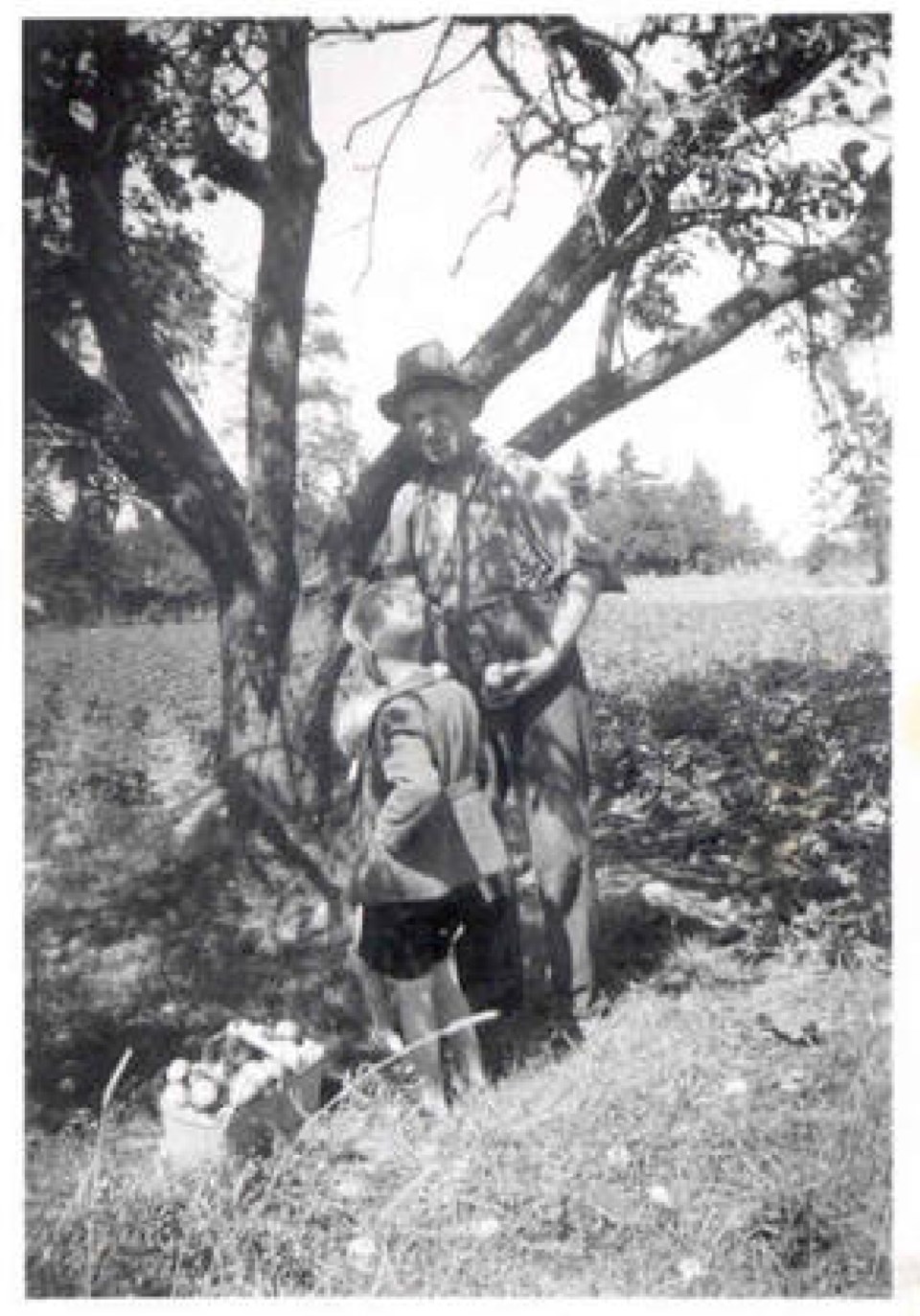It wasn’t too long ago that apple orchards were a common sight in the area and, indeed, across much of rural Ontario.
The reason is simple: Apples were an important crop for farmers and the annual harvest was a vital job that provided food stores for the coming winter.
Most settlers in Ontario would have quickly established an apple orchard as soon as their land had been cleared. While modern cultivars require fairly temperate climes, the apples of the 19th century were far hardier and would grow nicely across the province.
In those days, relatively few apples were eaten fresh; that was a luxury farmers couldn’t afford. Instead, many apples were made into apple sauce or apple butter. If the farmer had an apple press, he might leave some of the crop aside for cider, but much of the crop would be put aside for winter eating.
Some apples were placed in baskets and stored in cool places; they could last a couple of months in such conditions. But many more were pared and cored for drying, which kept them edible for much longer.
Paring, coring, and cutting enough apples for winter was difficult and time consuming. To speed up the process, women and children gathered in the autumn for paring bees. Everyone competed good-naturedly to see who could peel the most apples or who could get the peel off in one single strand.
A young woman who peeled an apple in a single piece would twirl the peel over her head and drop it on the floor. The letter it resembled as it lay before her was said to be the initial of her future husband.
The process sped up significantly with the invention of the apple parer, or apple peeler, the first patent for which was said to be issued in 1803. Kitchen appliances were among the first mass-produced items of the industrial era.
Between 1860 and 1890, more than 100 apple parer patents were granted. Regardless of the form they took, they were loved because of how much time they saved. Every kitchen would have at least one, and perhaps several.
Today, apple parers are as rare in our kitchens as apple trees are in the yards outside our windows.



